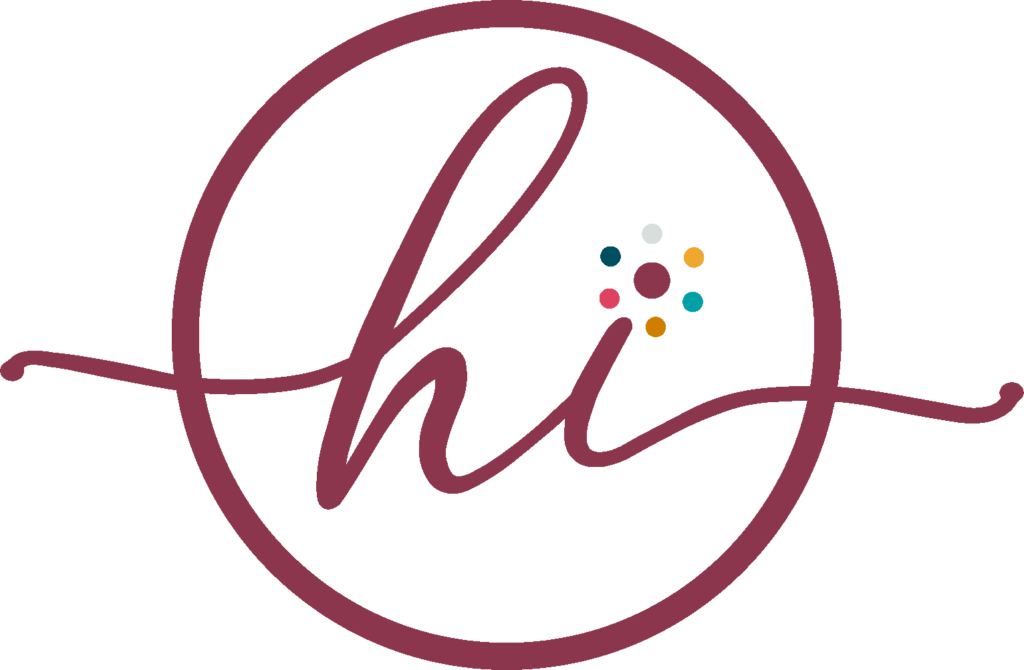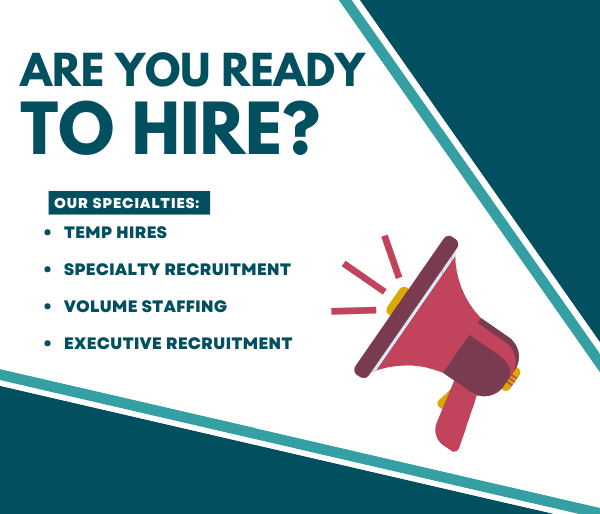Last Updated on April 18, 2025
Hiring the right talent is essential for the success of any legal firm. However, ensuring that candidates possess the qualifications they claim is critical to safeguarding your firm’s reputation, efficiency, and compliance.
Throughout this blog, you will learn how to:
- Ensure your firm uses accredited verification services for education, bar memberships, and certifications.
- Partner with agencies like Hire Integrated for a seamless hiring process.
- Evaluate eDiscovery proficiency through tools and hands-on assessments.
- Keep your process transparent, consistent, and candidate-focused.
From verifying education credentials and bar memberships to assessing familiarity with specialized tools like eDiscovery platforms, here’s how you can make sure your hiring process is thorough and accurate.
Key Areas to Verify
- Educational Credentials
- Use accredited verification services to confirm degrees and certifications. Organizations such as the National Student Clearinghouse or state-level boards often provide reliable education verification.
- Ensure that institutions listed on resumes are accredited by recognized bodies like the American Bar Association (ABA).
- Bar Memberships
- Verifying bar memberships is non-negotiable in the legal field. Check directly with state bar associations to confirm active membership and good standing.
- Look for any disciplinary actions or suspensions, which may indicate red flags.
- Certifications
- Cross-check specialized certifications such as those in compliance or arbitration through the issuing body.
- For certifications like Certified E-Discovery Specialist (CEDS), confirm authenticity through bodies like the Association of Certified E-Discovery Specialists (ACEDS).
- Familiarity with eDiscovery Tools
- Evaluate a candidate’s proficiency with key eDiscovery tools such as Relativity, Everlaw, or DISCO.
- Consider administering practical assessments or requesting proof of training completion.
Recommended Tools and Practices
- Accredited Services: Use trusted platforms such as HireRight, GoodHire, or Sterling for comprehensive verification.
- Communication Is Key: Establish clear guidelines about which party (internal HR or external recruiter) is responsible for conducting verifications.
- Streamlined Workflows: Utilize automated systems for background checks, but ensure manual oversight for nuanced legal certifications.
Collaborating with Recruiting Agencies
Partnering with a recruiting agency like Hire Integrated can streamline the verification process. Here’s how:
- Clarifying Roles: Determine who’s responsible for executing each verification step. This ensures there’s no duplication or gaps in the process.
- Transparency: Engage in open communication about the tools and platforms being used to verify qualifications.
- Consistency: Work with the agency to deliver a seamless candidate experience that mirrors your internal hiring process. A unified approach enhances the candidate’s perception of your firm.
If your firm already has an established and efficient verification process, it’s advisable to keep this in-house. However, for firms looking to offload this responsibility, using a third-party verification service can save time and resources.
Why Verification Matters
Integrating a third-party verification partner ensures the accuracy of candidate credentials while mitigating risks of hiring unqualified personnel. When hiring for legal roles, where precision and expertise are paramount, these safeguards protect your firm’s integrity and operational efficiency.
By incorporating thorough verification steps, your legal firm can hire confidently and maintain a strong reputation in the industry. Partnering with the right experts ensures every CV is accurate, leaving no room for error.
Disclaimer
Hire Integrated is not affiliated with any verification parties. Firms selecting a verification agency should conduct their own due diligence process. This article is not intended as a recommendation or endorsement of any specific verification services or platforms.









